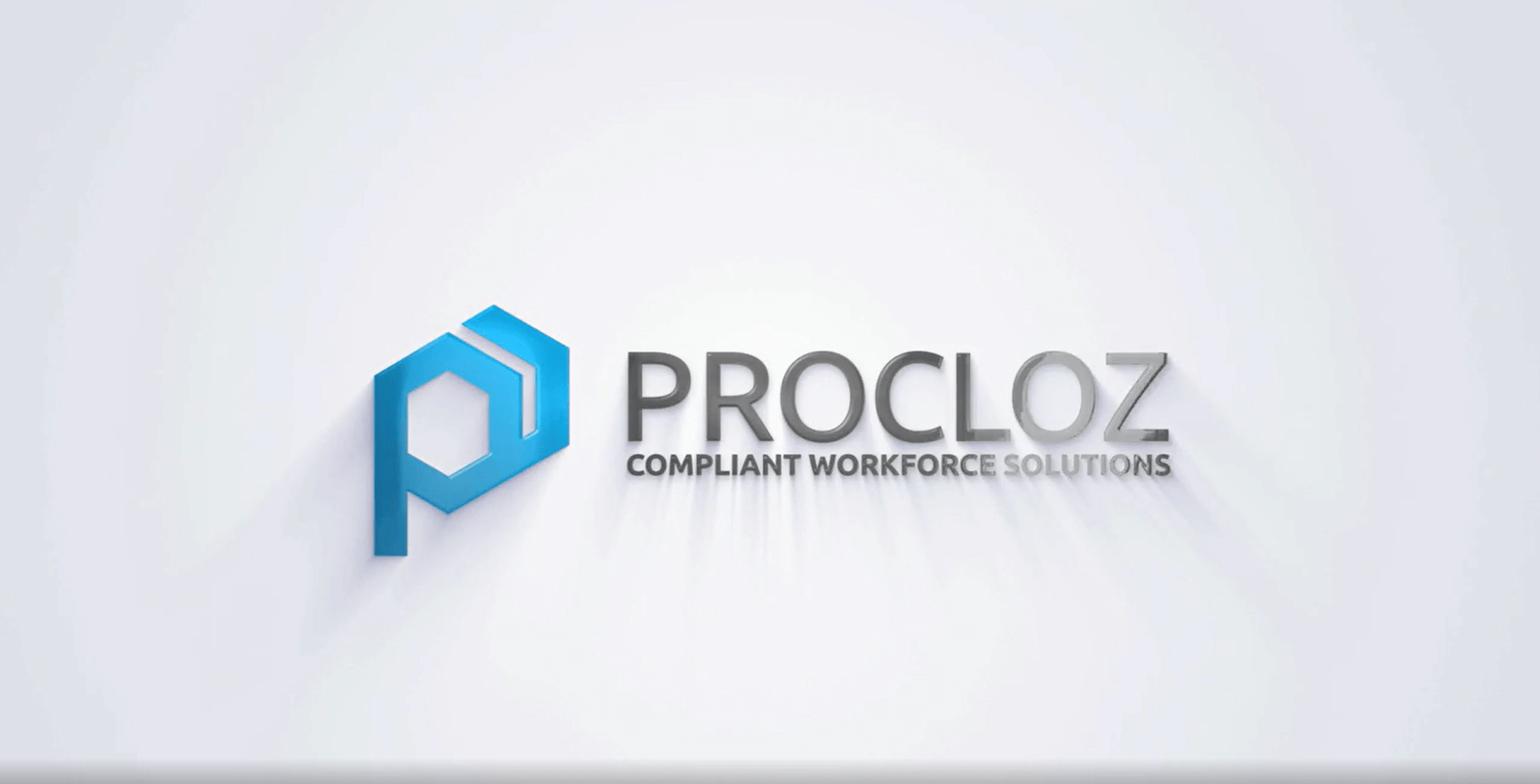Think of the National Employment Standards (NES) as the rulebook for fair play in payroll. It’s not just about paying people – it’s about knowing when, how much, and for what. From annual leave to overtime, the NES has a hand in every paycheck, making sure employees get what they deserve. Wondering how this impacts payroll? This article will cover the essentials of the National Employment Standards (NES), exploring how they influence payroll processes, the key entitlements they establish, and the implications for employers.
What is the role of the National Employment Standards (NES) and why are they significant?
In Australia, the National Employment Standards (NES) consist of 11 fundamental employment rights that all employees within the national workplace relations framework must receive. They serve as a safety net, alongside the national minimum wage, to safeguard workers in Australia.
These 11 core standards define the essential entitlements for employees, irrespective of whether they fall under a Modern Award, enterprise agreement, or individual employment contract. In essence, they represent the baseline conditions and essential rights of employment. The NES addresses various aspects of employment, including working hours, leave entitlements, flexible work arrangements, and termination.
That said, don’t overlook the global payroll challenges in Australia, including compliance with local regulations, managing diverse tax obligations, and navigating currency fluctuations. Similarly, noncompliance with the National Employment Standards can also lead to significant penalties for businesses and employers.
By establishing these standards, the NES guarantees that employees benefit from fair and equitable working conditions, reasonable hours, and appropriate entitlements for their contributions. Be aware and adapt to change!
Key Features of the National Employment Standards
The National Employment Standards (NES) outline the minimum employment rights that must be afforded to all employees within the national workplace relations system, subjected to certain rules and exclusions. The NES includes the following minimum entitlements:
1. Maximum weekly hours: Employees can work up to 38 hours a week, added to reasonable additional hours.
2. Flexible working arrangements: Certain employees have the right to request changes to their working conditions.
3. Parental leave and related entitlements: Employees are entitled to up to 12 months of unpaid parental leave, with the option to request an additional 12 months. This also encompasses leave related to adoption.
4. Annual leave: Employees receive four weeks of paid leave each year, with some shift workers entitled to an extra week.
5. Sick and carer’s leave or compassionate leave: Employees are entitled to 10 days of paid sick and carer’s leave (pro rata for part-time employees), 2 days of unpaid carer’s leave as needed, and 2 days of compassionate leave as necessary.
6. Family and domestic violence leave: Employees can take 10 days of paid leave annually for situations involving family or domestic violence.
7. Community service leave: This includes unpaid leave for voluntary emergency activities and for serving on a jury, with up to 10 days of paid leave for jury service.
8. Long service leave: Employees who have been with the same employer for a long time are entitled to paid long service leave.
9. Public holidays: Employees receive a paid day off on public holidays (unpaid for casual employees), unless they are reasonably requested to work.
10. Superannuation: Employers must contribute to eligible employees’ superannuation funds according to super guarantee laws, which is also a NES entitlement (with some exceptions). For further details, please refer to the Tax and superannuation page.
11. Notice of termination and redundancy pay: Employees are entitled to up to five weeks’ notice of termination and up to 16 weeks’ redundancy pay, depending on their length of service.
12. Provision of the Fair Work Information Statement and the Casual Employment Information Statement: Employers must provide all new employees with the Fair Work Information Statement. Casual employees should also receive the Casual Employment Information Statement upon commencement and at specified times during their employment.
13. Employee choice regarding casual employment: There are pathways available for casual employees to transition into full-time or part-time roles under certain circumstances.
Are All Workers Entitled to the National Employment Standards?
The NES covers employees within the national workplace relations system, including those working under the Fair Work Act 2009, regardless of any Modern Award, enterprise agreement, or employment contract they may have.
However, it’s worth noting that casual employees don’t receive the full range of NES entitlements. They are only eligible for specific provisions, including:
- Opportunities to request conversion from casual to permanent employment
- Unpaid carer’s leave
- Unpaid compassionate leave
- Unpaid family and domestic violence leave
- Unpaid community service leave
Impact of National Employment Standards (NES) on payroll
Standardization of Working Hours
Under the NES, as mentioned above, the maximum weekly hours of work are set at 38 hours, plus any reasonable additional hours. Australian payroll must accurately track these hours to calculate standard pay, overtime, and ensure adherence to the maximum hour limit.
Example: If an employee works 45 hours in a week, payroll services must account for 7 hours as overtime, often subject to higher rates, as defined by the employee’s award or enterprise agreement.
Mandatory Leave Entitlements
The NES mandates specific leave entitlements, including annual leave, sick leave, parental leave, and domestic violence leave. Payroll departments must manage accruals, calculate paid leave, and handle unpaid leave in alignment with NES provisions.
Example: A full-time employee is entitled to 4 weeks of paid annual leave annually. Payroll software needs to automatically calculate these entitlements based on hours worked and update balances after each leave.
Parental and Family Leave Provisions
Employees can take up to 12 months of unpaid parental leave, with an option to request an additional 12 months. Payroll must manage these periods, ensuring entitlements are paused and updated accordingly, and may need to adjust superannuation contributions if applicable.
Example: A new parent opts for 9 months of unpaid parental leave. Payroll must suspend regular payments but keep their employment status intact for compliance and record-keeping purposes.
Compulsory Notice and Redundancy Pay
The NES outlines specific notice periods and redundancy payments based on the length of service. Payroll teams must calculate these correctly to avoid legal risks and ensure fair treatment of departing employees.
Example: An employee with over five years of service is made redundant. Payroll must calculate redundancy pay according to NES guidelines, which may include up to 16 weeks of pay depending on service duration.
Flexible Working Requests
Eligible employees have the right to request flexible working arrangements. Payroll must align with these arrangements, adjusting pay calculations and work schedules accordingly.
Example: A part-time employee requests to work remotely three days a week. Payroll must update time-tracking and payment systems to reflect their new work schedule.
Superannuation Requirements
Employers are required to make superannuation contributions in line with NES standards. Payroll departments must ensure contributions are correctly calculated and paid into eligible employees’ superannuation funds to meet compliance.
Example: An employee earning $50,000 per year would require a superannuation contribution at the current rate (e.g., 11%) into their super fund, which payroll processes automatically with each pay cycle.
Fair Work Information Statement Compliance
Employers are required to provide each new employee with a Fair Work Information Statement, and casual employees with a Casual Employment Information Statement. Payroll or HR teams must ensure these documents are distributed to comply with NES.
Example: Upon hiring a casual employee, payroll ensures the Fair Work and Casual Employment Information Statements are issued, keeping digital or signed records as proof of compliance.
Takeaway
From setting work hours and managing leave to arranging flexible work options, the NES ensures workplace protections for you and your team. So, pay close attention to the employment status of each team member, whether temporary or permanent, and create a clear, concise employment contract for everyone. It’ll be appreciated across the board!
Wondering about the latest updates in employment law for 2024? Choose Procloz. We offer Global Payroll services to help with accurate payroll tax calculations, multi-jurisdiction return filing, and identifying exemptions to lower tax liability. Gain access to Employer of Record services that also ensure compliance with local laws. We’re here reach out!













